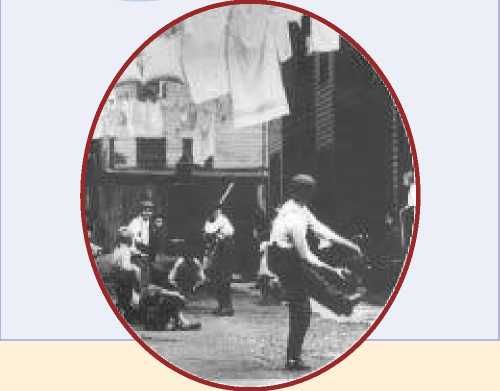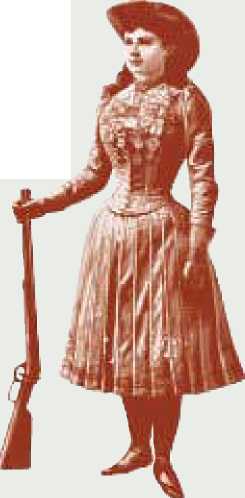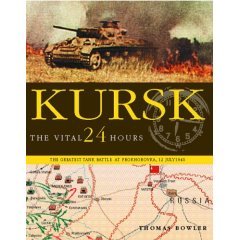
He Federal victory in 1865 restored the Union and in the process helped accelerate America’s stunning transformation into an agricultural empire and an urban-industrial nation-state. A distinctly national consciousness began to displace the regional emphases of the antebellum era. During and after the Civil War, the Republican-led Congress pushed through legislation to foster industrial and commercial development and western expansion. In the process of ruthlessly exploiting the resources of the continent, the United States abandoned the Jeffersonian dream of a decentralized agrarian republic and began to forge a dynamic new industrial economy nurtured by an increasingly national and even international market for American goods.

After 1865, many Americans turned their attention to the unfinished business of settling a continent and completing an urban-industrial revolution begun before the war. Fueled by innovations in mass production and mass marketing, huge corporations began to dominate the economy. As the prominent social theorist William Graham Sumner remarked, the process of industrial development “controls us all because we are all in it. It creates the conditions of our own existence, sets the limits of our social activity, and regulates the bonds of our social relations.”
The Industrial Revolution was not only an urban phenomenon; it transformed rural life as well. Those who got in the way of the new emphasis on large-scale, highly mechanized commercial agriculture and ranching were brusquely pushed aside. Farm folk, as one New Englander stressed, “must understand farming as a business; if they do not it will go hard with them.” The friction between new market forces and traditional folkways generated political revolts and social unrest during the last quarter of the nineteenth century. Fault lines appeared throughout the social order, and they unleashed tremors that exerted what one writer called “a seismic shock, a cyclonic violence” upon the political culture.
The clash between tradition and modernity peaked during the 1890s, one of the most strife-ridden decades in American history. A deep depression, agrarian unrest, and labor violence unleashed fears of class warfare. This turbulent situation transformed the presidential-election campaign of 1896 into a clash between rival visions of America’s future. The Republican candidate, William McKinley, campaigned on behalf of modern urban-industrial values. By contrast, William Jennings Bryan, the nominee of the Democratic and Populist parties, was an eloquent defender of America’s rural past. McKinley’s victory proved to be a watershed in American political and social history. By 1900 the United States would emerge as one of the world’s greatest industrial powers, and it would thereafter assume a new leadership role in world affairs— for good and for ill.




 World History
World History









